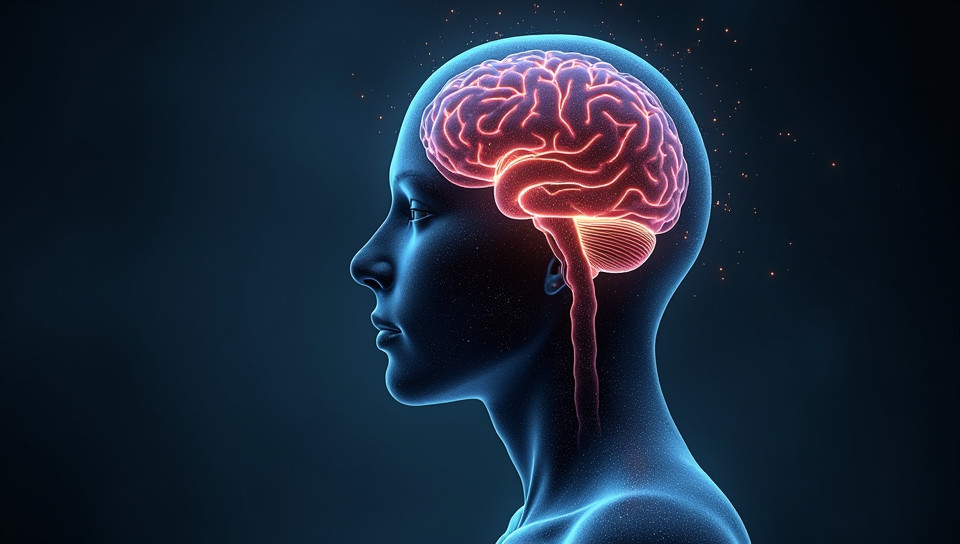Mental health disorders accelerate brain aging 76%

The Hidden Cost of Mental Health Disorders: Accelerated Brain Aging
Mental health disorders are increasingly becoming a public health concern, affecting millions of people worldwide. While the emotional and social tolls of these conditions are well-documented, their impact on our physical bodies is often overlooked. Recent studies have shed light on a disturbing correlation between mental health disorders and accelerated brain aging.
The Connection Between Mental Health and Brain Aging
Research suggests that individuals with mental health disorders are more likely to experience premature cognitive decline and age-related brain changes. This means that people with conditions such as depression, anxiety, and post-traumatic stress disorder (PTSD) may be at a higher risk of experiencing memory loss, decreased cognitive function, and even dementia.
The Science Behind Brain Aging
So, what's driving this connection between mental health disorders and accelerated brain aging? Several factors come into play:
- Inflammation: Mental health disorders can trigger chronic inflammation in the body, which has been linked to oxidative stress and cellular damage in the brain.
- Stress Hormones: Prolonged exposure to stress hormones like cortisol can disrupt the balance of neurotransmitters in the brain, leading to changes in brain structure and function.
- Lifestyle Factors: Individuals with mental health disorders may be more likely to engage in unhealthy behaviors such as substance abuse, poor sleep habits, and a sedentary lifestyle, all of which can accelerate brain aging.
The Consequences of Accelerated Brain Aging
The consequences of accelerated brain aging due to mental health disorders are far-reaching. Not only do individuals suffer from decreased cognitive function and memory loss, but they may also experience increased risk of dementia, Alzheimer's disease, and other neurodegenerative conditions. Moreover, the social and economic burdens of these conditions can be significant, impacting not only the individual but also their loved ones and society as a whole.
Breaking the Cycle
While the news may seem dire, there is hope for individuals struggling with mental health disorders and accelerated brain aging. Research has shown that early intervention, lifestyle changes, and evidence-based treatments can help mitigate these effects. By prioritizing mental health, practicing self-care, and engaging in healthy behaviors, we can break the cycle of accelerated brain aging and promote overall well-being.
Conclusion
The correlation between mental health disorders and accelerated brain aging is a pressing concern that demands attention from healthcare professionals, policymakers, and individuals alike. By acknowledging the hidden costs of mental health disorders and taking proactive steps to address them, we can reduce the risk of premature cognitive decline and age-related brain changes. It's time to shine a light on this critical issue and work towards creating a society that prioritizes mental health and overall well-being.
- Created by: Henry Becker
- Created at: Oct. 13, 2024, 7:50 p.m.
- ID: 12488






